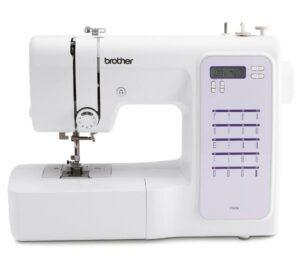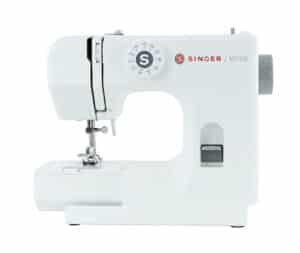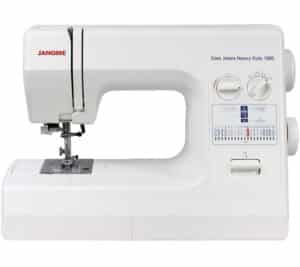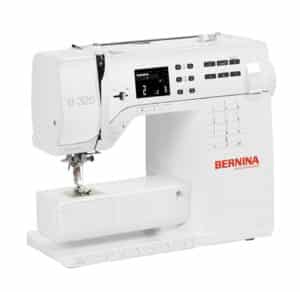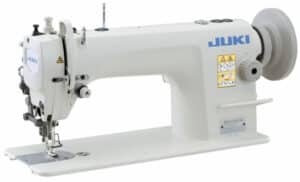choosing for sewing
Best Thread for Sewing Machines:
Top Picks for Flawless Stitches and Versatile Crafting
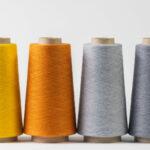
Choosing the right type of best thread for sewing for your sewing machine is crucial to achieve high-quality and durable sewing projects. With so many options available in the market, it can be overwhelming to decide which thread suits your needs best. In this article, we will guide you through the process of selecting the perfect thread for your sewing machine, exploring different thread types and their uses. Additionally, we will delve into the advantages of using cotton thread and the pros and cons of synthetic threads. To make it easier for you, we have curated a list of the best threads for various sewing machine brands, providing short descriptions, features, pros, and cons for each product. Let’s get started!
Tips on Choosing the Best Thread for Sewing Machine
Before diving into the specific types of thread, let’s look at some essential tips for choosing the best thread for sewing:
- Consider the Fabric: Different fabrics require different types of threads. For delicate fabrics like silk or chiffon, use fine and lightweight threads, while heavy fabrics like denim or canvas require stronger threads.
- Thread Weight: Thread weight is indicated by a number on the thread spool. The higher the number, the finer the thread. Use a thicker thread for heavy-duty projects and a lighter thread for delicate sewing.
- Matching Colors: Whenever possible, use a thread color that matches your fabric. If an exact match isn’t available, choose a slightly darker shade rather than a lighter one to avoid visible stitches.
- Thread Material: Threads come in various materials like cotton, polyester, nylon, silk, and more. Each material has its unique properties, and choosing the right one depends on your project’s requirements.
Different Types of Best Thread for Sewing and When to Use Them
Cotton thread is a popular choice for sewing enthusiasts due to its versatility and natural properties. Some of them even call it best thread for sewing. Its soft and lightweight nature makes it ideal for lightweight fabrics, quilting, and general sewing. Cotton threads are available in various weights, suitable for both hand and machine sewing.
Polyester thread is durable and strong, making it suitable for sewing projects that require sturdiness and longevity. It is resistant to shrinkage and fading, making it ideal for items that undergo frequent washing, such as garments and home textiles.
Nylon thread is known for its elasticity and high strength. It is commonly used for sewing upholstery, outdoor fabrics, and heavy-duty projects. Nylon thread is resistant to mildew and UV rays, making it suitable for outdoor use.
Silk thread is luxurious and best thread for sewing delicate fabrics like silk, satin, and other high-end materials. It provides a smooth finish and blends seamlessly with fine fabrics.
Metallic threads add a touch of sparkle to sewing projects, making them perfect for decorative stitching, embroidery, and crafts.
The Benefits of Using Cotton Thread
Cotton thread has several advantages that make it a favorite among sewists:
- Natural Fiber: Being a natural fiber, cotton thread is biodegradable and eco-friendly, making it a sustainable choice for environmentally conscious individuals.
- Minimal Friction: Cotton thread has low friction, reducing wear on your sewing machine’s parts and minimizing thread breakage.
- Suitable for All-Purpose Use: Cotton thread can be used for various sewing projects, from garments to quilting and home decor. Probably the choice of best thread for sewing.
- Great for Beginner Sewers: Due to its forgiving nature and ease of use, cotton thread is an excellent choice for those new to sewing.
Pros and Cons of Synthetic Threads
Pros:
- Strength and Durability: Synthetic threads are incredibly durable and can withstand high tension and stress without breaking.
- Colorfastness: They have excellent color retention even after multiple washes, ensuring your projects stay vibrant and bright.
- Affordability: Synthetic threads are often more budget-friendly compared to natural fibers.
Cons:
- Environmental Impact: Some synthetic threads are not biodegradable, contributing to environmental pollution.
- Potential for Heat Damage: Synthetic threads can melt under high heat, so caution is required when ironing garments with synthetic threads.
Best Thread for Sewing Machines (choose depending on your sewing machine)
Troubleshooting Common Problems with Incorrectly Selected Threads
Even with the best thread for machine sewing, you may encounter some issues if the thread doesn’t match your project’s requirements. Here are common problems and their solutions:
- Thread Breakage: Ensure your thread weight matches the fabric’s weight and your needle is appropriate for the fabric type.
- Uneven Stitches: Adjust the thread tension according to your machine’s manual and use the correct needle size.
- Thread Tangling: Check for any snags in the thread path and re-thread the machine carefully.
- Skipped Stitches: Use a new needle and confirm it’s correctly inserted. Also, try a different thread if the problem persists.
Troubleshooting Common Problems with Incorrectly Selected Threads
Selecting the best thread for sewing machines is essential for achieving professional and durable results. Remember to consider the fabric type, thread material, and thread weight before making your choice. Cotton thread is an excellent all-purpose option, while synthetic threads offer their unique advantages. By understanding your sewing needs and the characteristics of each thread type, you can create stunning projects with ease.

